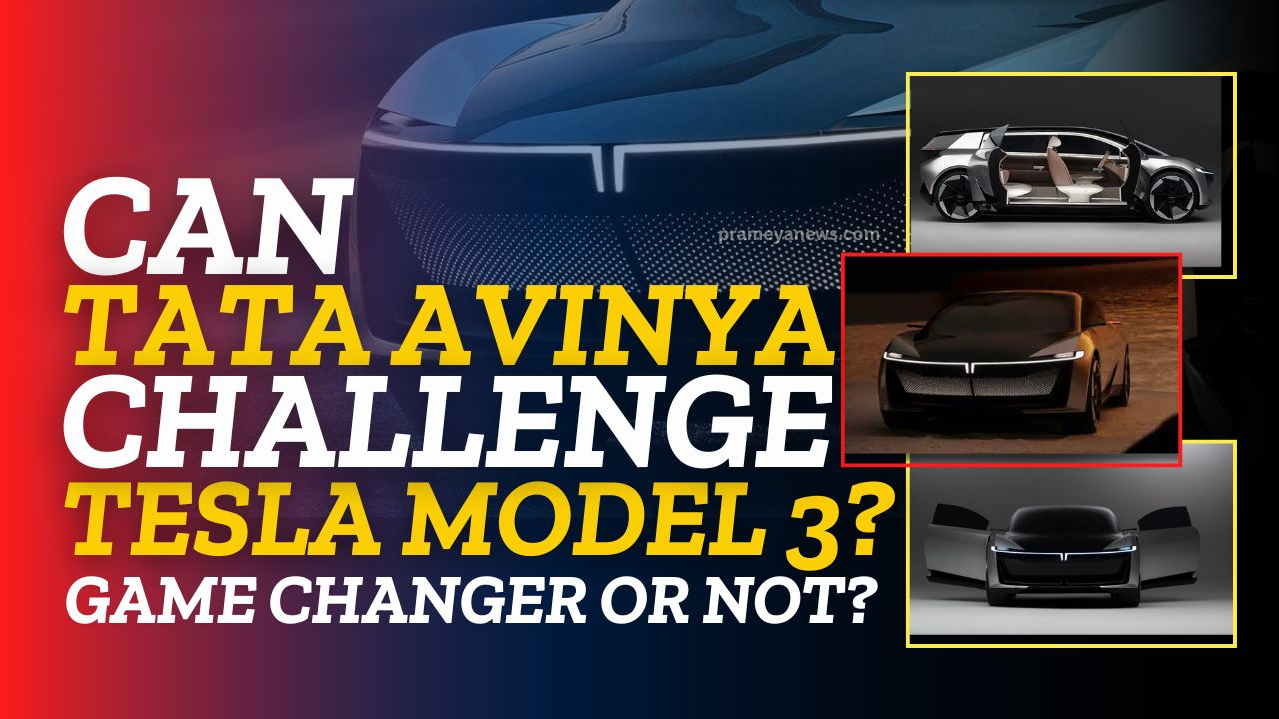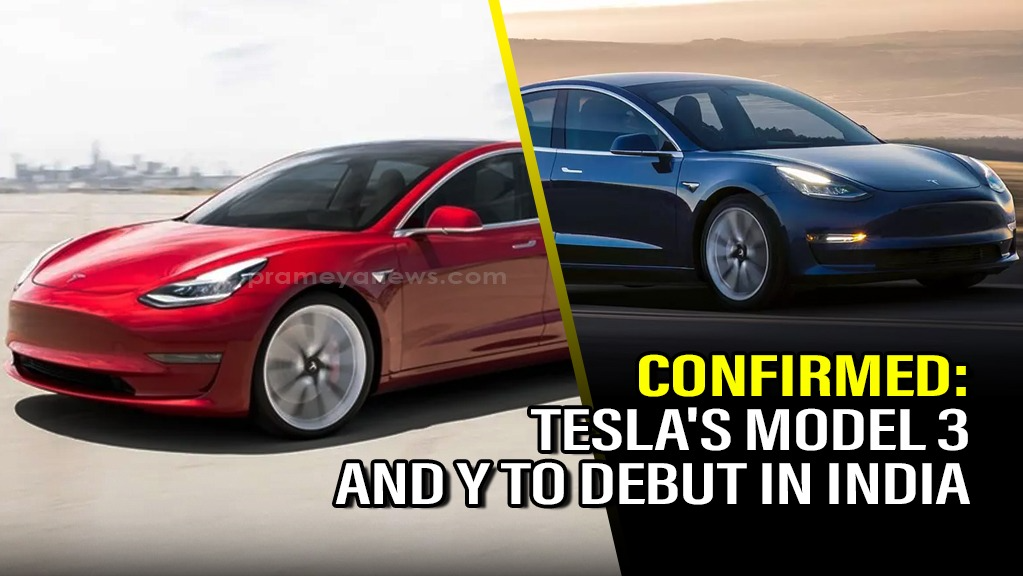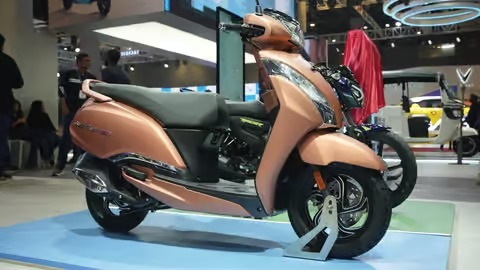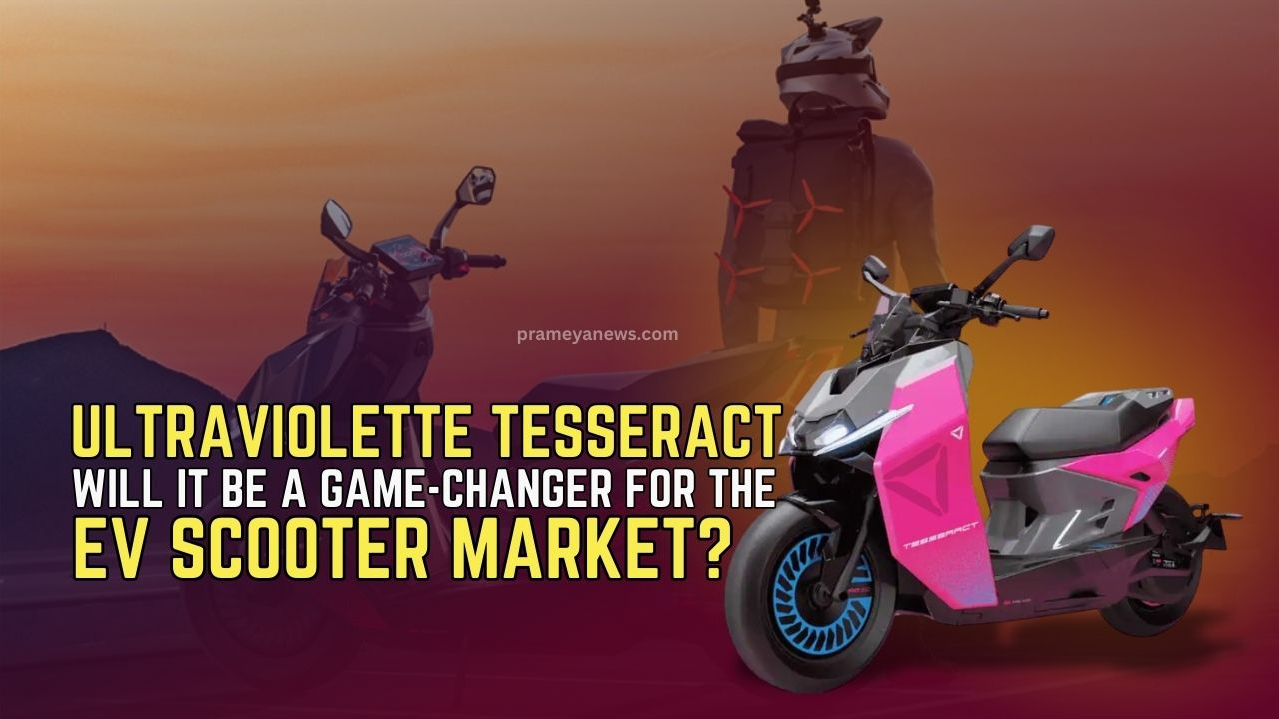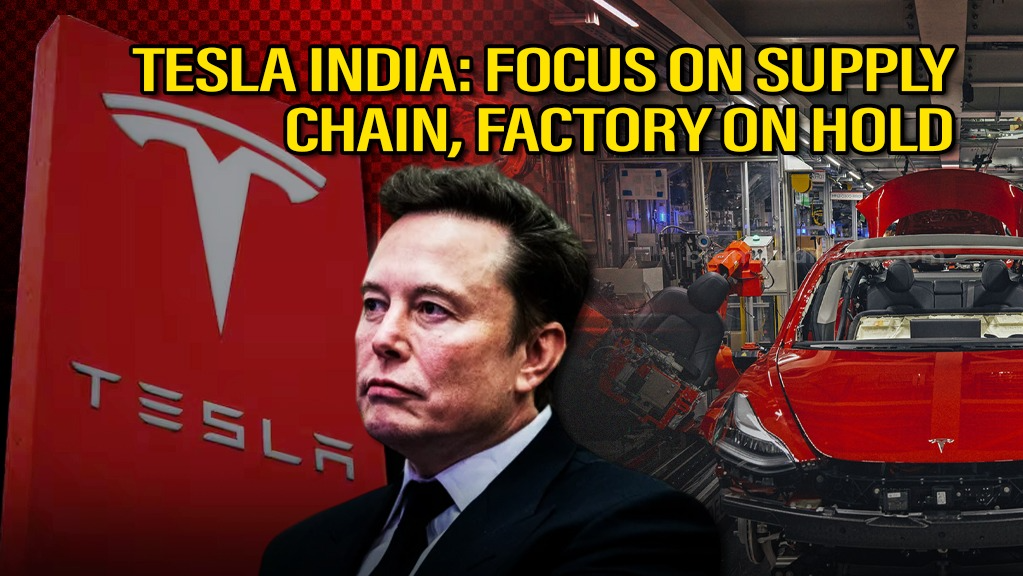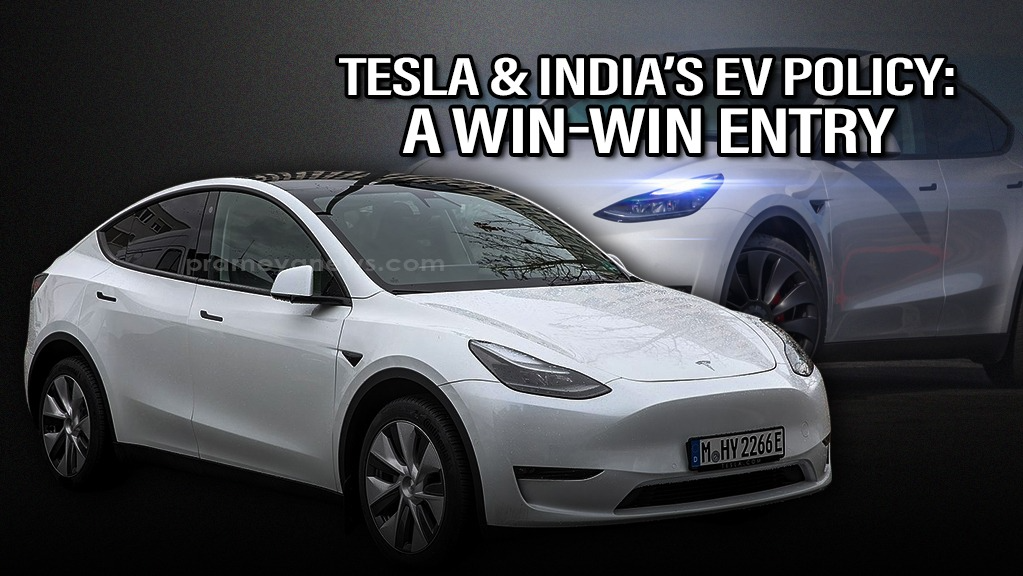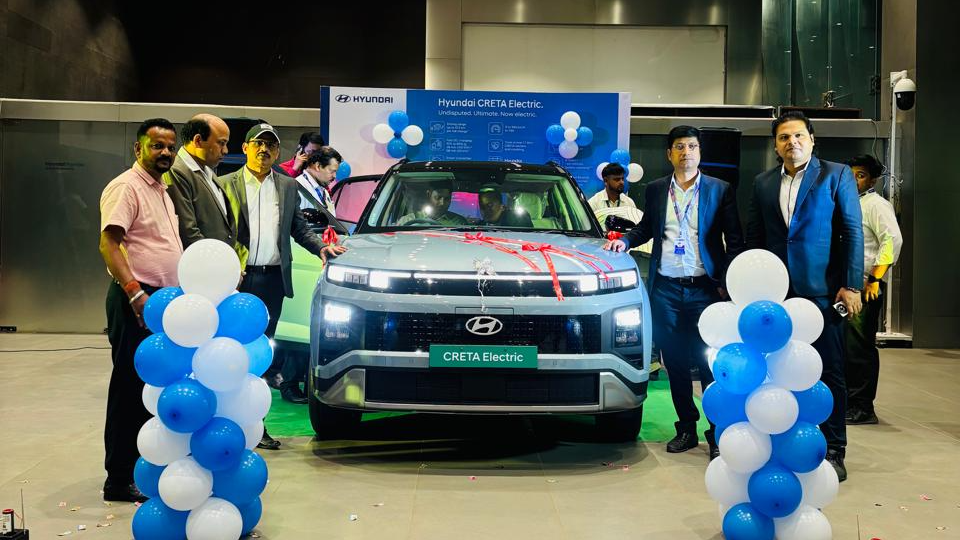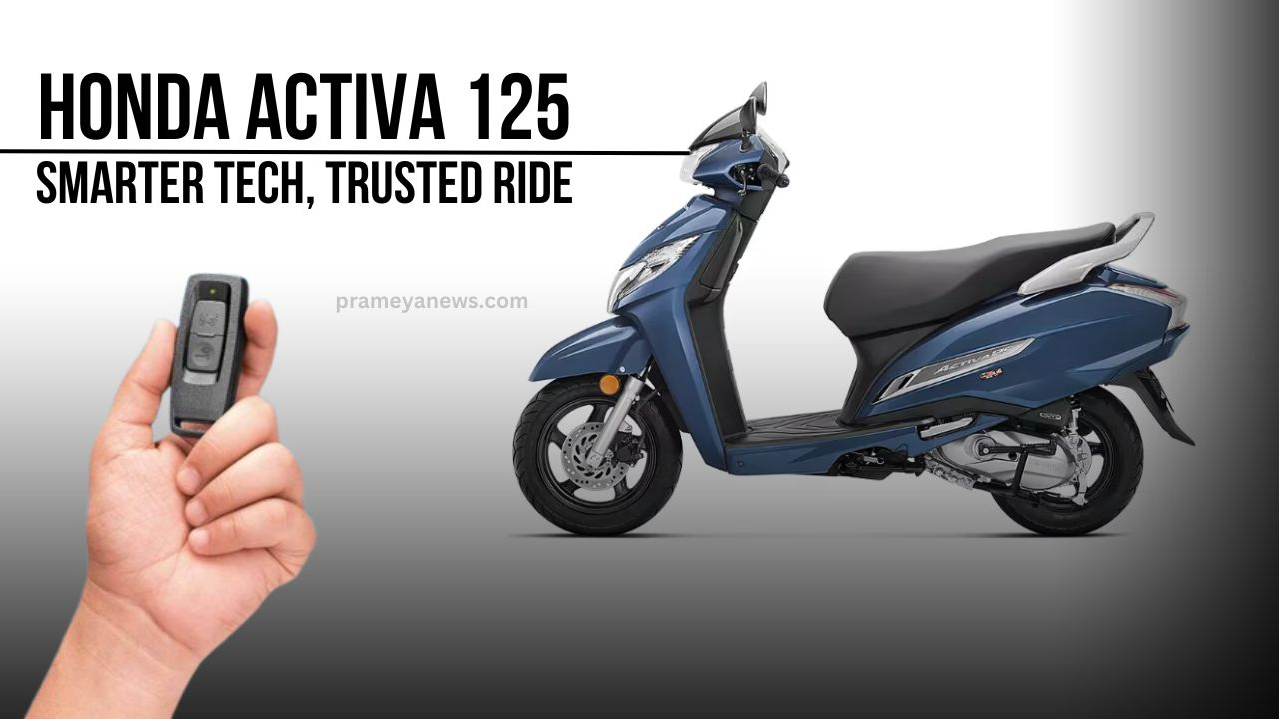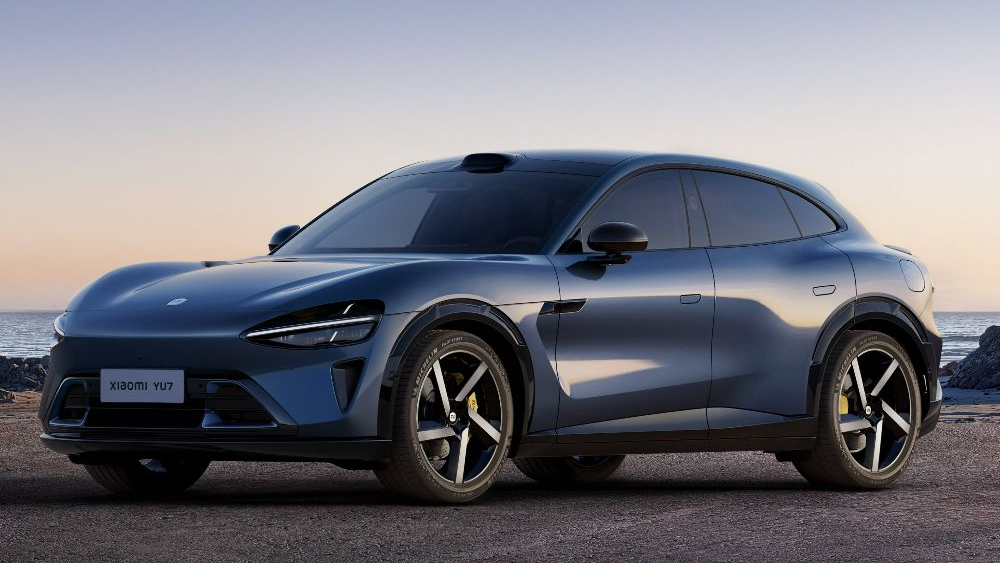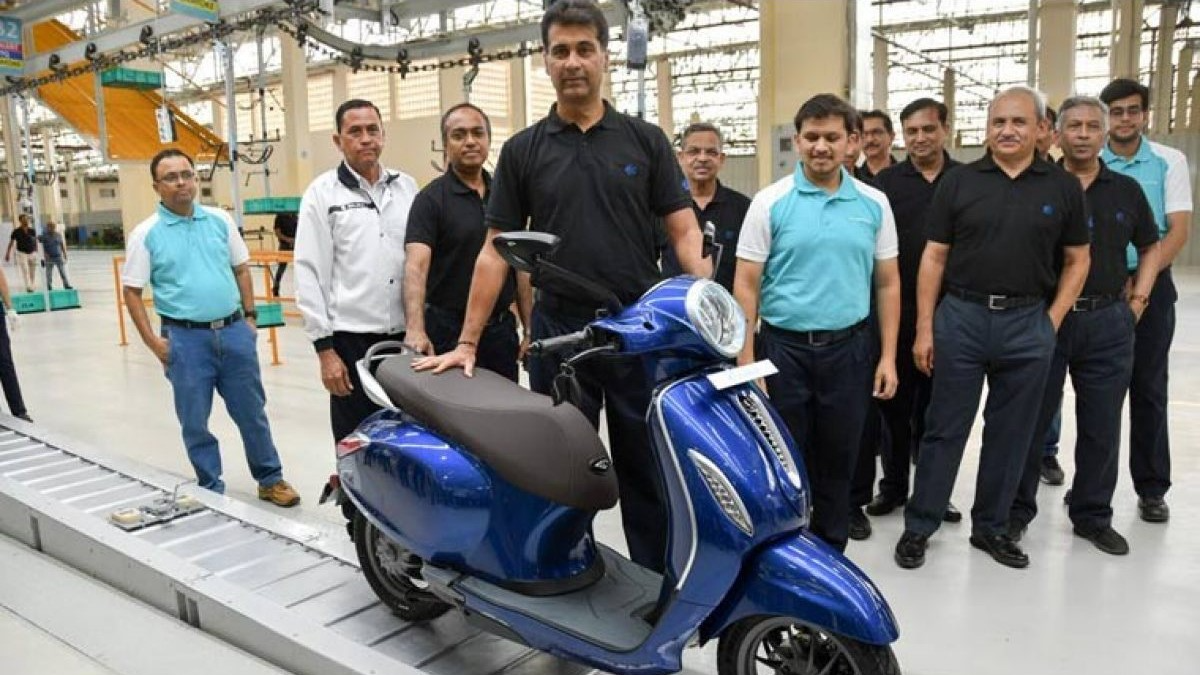₹25 Lakh Tata Avinya: A Game-Changer in India's EV Market?
Tata Motors is reportedly gearing up to shake up the Indian electric vehicle (EV) market with its upcoming Avinya SUV, potentially pricing it around ₹25 lakh, according to sources familiar with the matter. This move could position the Avinya as a direct competitor to Tesla's Model 3, which is expected to be priced higher in India.
While Tata Motors officially states that pricing will be determined closer to the Avinya's launch in FY27, the rumored price point suggests a bold strategy to capture a significant share of the burgeoning premium EV segment. The Avinya, first showcased in April 2022, represents a major step for Tata Passenger Electric Mobility Limited (TPEML), marking the debut of their "Gen 3 architecture."
The Model 3, currently Tesla's most affordable offering, is anticipated to carry a price tag above ₹30 lakh when it eventually arrives in India. Tesla, led by Elon Musk, is reportedly preparing to enter the Indian market this year, initially by importing vehicles from its Berlin-Brandenburg Gigafactory. This represents a shift in the Indian government's stance, which previously emphasized local manufacturing. Recent reports indicate that India is considering significant duty concessions for US manufacturers exporting to India, suggesting ongoing negotiations between the two countries.
Avinya: More Than Just a Price Tag
The Avinya isn't just about undercutting Tesla on price; it's a showcase of Tata's vision for the future of electric mobility. Developed in India for a global market, Tata claims the Avinya's architecture prioritizes structural safety, waterproofing, and dust protection, making it well-suited for Indian driving conditions. The company also boasts that the Avinya's battery technology will support ultra-fast charging, providing a minimum range of 500 km in under 30 minutes.
Beyond the technical specifications, the Avinya represents a potential turning point for Tata Motors. The company is in the process of separating its commercial and passenger vehicle businesses, with plans to eventually merge its EV business with the passenger vehicle unit. This restructuring aims to unlock synergies, particularly in areas like autonomous vehicles and vehicle software, aligning with the advancements seen in Jaguar Land Rover (JLR), also owned by Tata Motors.
India's Aggressive EV Push
The timing of the Avinya's potential launch aligns perfectly with India's ambitious plans for EV adoption. The government is pushing hard for a rapid transition to electric mobility, setting specific targets for 2030:
- Private Cars: 30% of new car sales to be electric.
- Commercial Vehicles: 70% of new commercial vehicle sales to be electric.
- Buses: 40% of new bus sales to be electric.
- Two-Wheelers and Three-Wheelers: 80% of new two-wheeler and three-wheeler sales to be electric.
These targets translate to a goal of having a staggering 80 million EVs on Indian roads by the end of the decade. Furthermore, India is strongly promoting domestic EV production through the 'Make in India' initiative.
If the rumored pricing holds true, the Tata Avinya could be a game-changer. It would offer a domestically produced, technologically advanced, and potentially more affordable alternative to imported EVs like the Tesla Model 3. This could significantly accelerate EV adoption in India, making electric mobility accessible to a wider range of consumers. The Avinya, therefore, represents not just a new vehicle, but a potential catalyst for a major shift in the Indian automotive landscape, and strong competition in the market.








